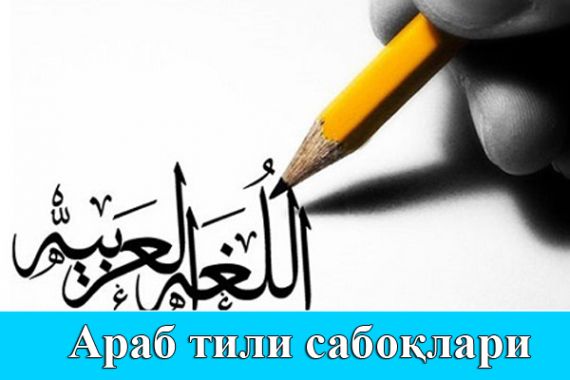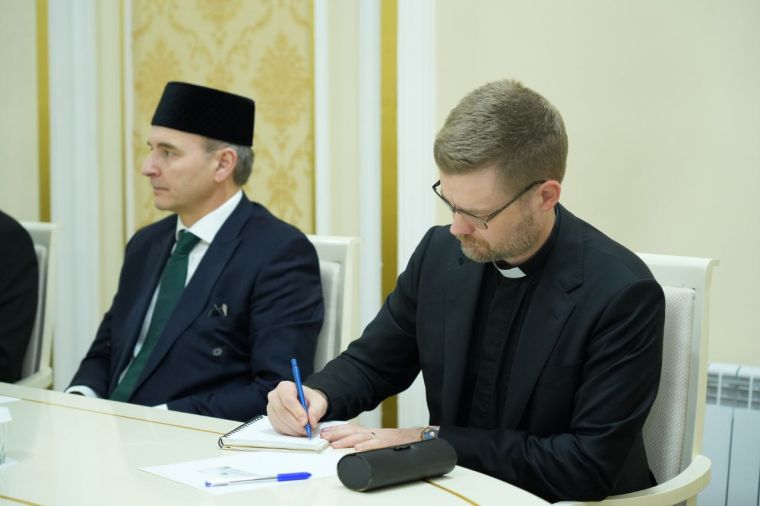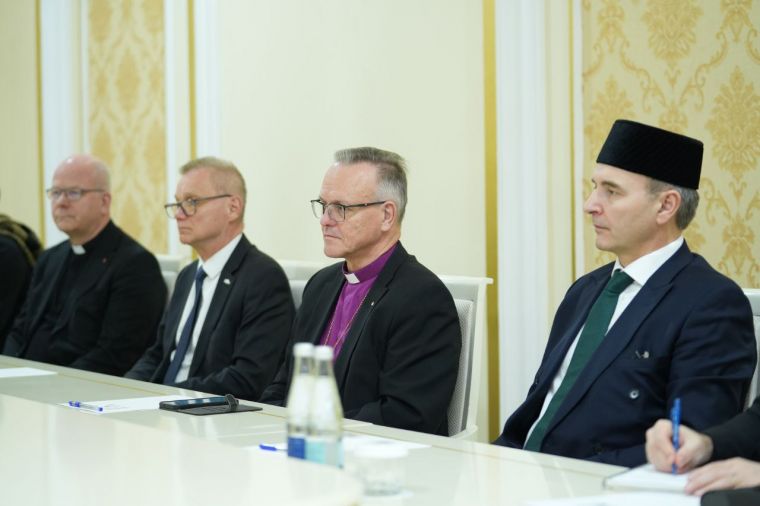Tashkent city



“Islom Nuri” (“The light of Islam”) published by Muslim Board of Uzbekistan has started introducing a special section to teach Arabic under the title “Let’s study Quran” since January 15. Arabic lessons are developed by Ibodulla Akhroro, Deputy Rector of Tashkent Islamic Institute. For those who are interested in learning are advised to subscribe to our newspaper or visit one of the mosques in your locality.
Additionally, official web portal of Muslim Board of Uzbekistan “muslim.uz” is also offering online Arabic lessons once a week. Besides, “Islom Nuri” (“The light of Islam”) newspaper Muslim Board of Uzbekistan is publishing “Hidoyat” (“The right path”) journal as well.
Press Service,
Muslim Board of Uzbekistan

The Chairman of the Muslim Board of Uzbekistan, Mufti Sheikh Nuriddin Kholiqnazar, received a delegation led by Imam Ramil Belyaev of the Muslim Society of Finland.
The religious leaders from Finland are actively participating in events held in our country in connection with the widely celebrated International Day for Tolerance — 16 November.
The meeting took place in a warm and friendly atmosphere, during which the sides exchanged commemorative gifts.
Muslim Board of Uzbekistan
Press Service





